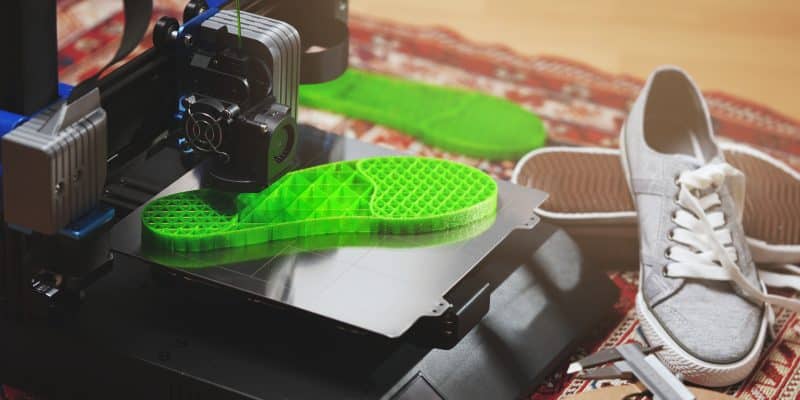Shoes made from recycled plastic waste will soon be on sale in the tourist city of Marrakech. This is the work of three young Moroccans.
In Morocco, the time has come for ecological responsibility in all areas. And it’s the city of Marrakech that will be the pioneer, thanks to a newly installed plant for collecting and recycling plastic waste into shoes. The initiative is part of the ‘Mazafab’ project run by Mohamed Benaissa, Abdelmajid El Ouahmani and Mohamed Oughzo.
Together, the young entrepreneurs aim to reduce pollution in the five main districts of the red city. These include the Medina, Mellah, Hivernage, Chrifia and Guéliz, where the proliferation of plastic bags and bottles is often the talk of the town. To reverse the situation, the team is receiving financial support from the National Initiative for Human Development (INDH) launched by the Moroccan government in 2005.
The imperative of sustainability
The pairs of shoes and boots made by ‘Mazafab’ will be marketed to the 1 million or so inhabitants of Marrakech, as well as to tourists, since Marrakech is officially the most visited city in the Kingdom of Morocco. At a cost of 340,000 Moroccan dirhams (€3,125), the factory in the new residential area of Tamansourt covers 225 m2.
Read also-MOROCCO: taxed as polluters, « koutchis » banned from circulation in Casablanca
Team leader Abdelmajid El Ouahmani told the Moroccan press that their ambition was to “encourage eco-responsible consumption, restore consumer confidence in the recycling industry and make more products genuinely recyclable in line with the directives of the 22nd Conference of the Parties on Climate Change (COP22)”. Moreover, this global event held in November 2016 in Marrakech inspired local authorities to launch the “Strengthening sustainable development through innovative planning and financing” programme. It specifically promotes waste recycling for a more sustainable city.
Benoit-Ivan Wansi







